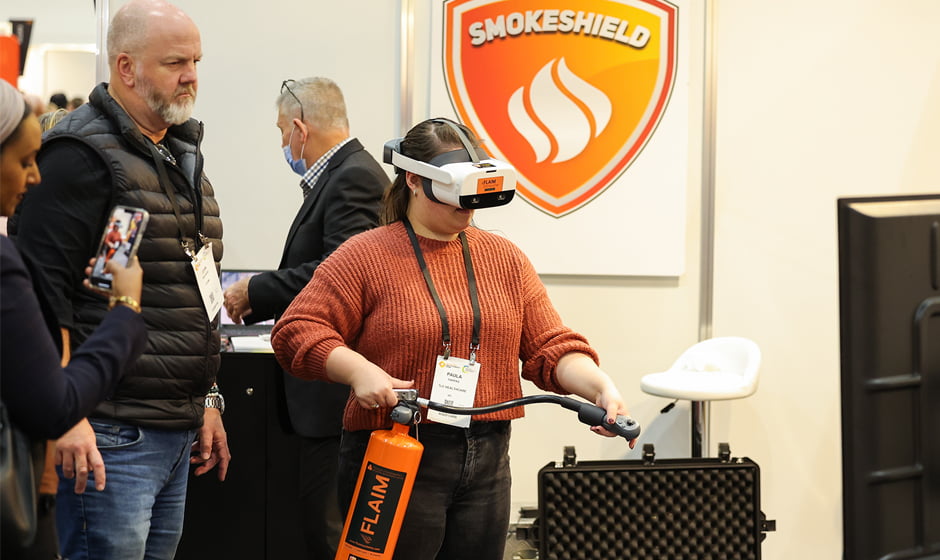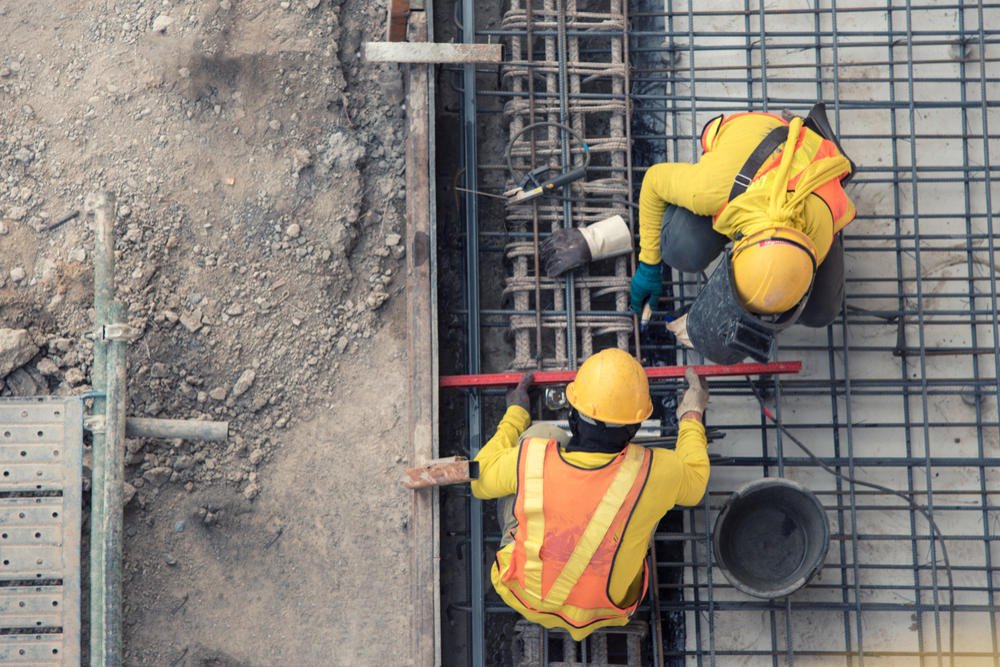
Flexible Workspace Australia (FWA), a new industry association representing 254 coworking spaces in Australia and New Zealand, has released its pioneering report Flex Futures Report 2023.
The comprehensive research highlights the industry’s challenges, opportunities, and significant impact on innovators, entrepreneurs, and local economies in Australia.
The report showed a remarkable surge in coworking spaces in Australia over the past decade.
Conducted by Startupsaus.cos.co in partnership with FWA, the new research revealed 784 flexible spaces, with 382 in capital cities, 172 in suburban areas, and 230 in regional locations.
Despite challenges faced by operators during the COVID-19 pandemic, flexible spaces in Australia have resumed their growth trajectory with the total number of operators at a record high.
Over 80 per cent of flexible spaces in Australia are owned by independent private operators, while the rest are evenly distributed among governments, corporates, and universities.
For current users of office spaces in the Asia Pacific, 52 per cent expect that they will have fewer flex spaces than they desire over the next three years.
63 per cent of users of Flexible workspaces come from the Finance, Business Services and Technology sectors.
Brad Krauskopf, Co-Chair of FWA and Founder of Hub Australia, said: “The report vividly illustrates coworking spaces as vibrant hubs for collaboration, growth, and fostering strong communities.
“Our industry leads in intersecting mega-trends shaping the future of work – these spaces play a pivotal role in driving economic and community development, promoting industry diversification, and attracting crucial investments.”
The report, compiled by industry experts and thought leaders, provides deep insights for flexible workspaces in Australia, guiding operators, entrepreneurs, investors, and policymakers.
It includes case studies, unique value propositions, cost structures, and returns on investment.
A significant milestone is the establishment of the FWA National Benchmark, aiming to enhance decision-making, drive investment, and increase investor confidence by discerning trends and identifying information gaps.
Kate Dezarnaulds, incoming Co-Chair of FWA and Founder of WorkLife regional coworking spaces, painted a promising future for coworking, emphasising a shift from being tied to the real estate sector to embracing its role in the hospitality industry, with a strong focus on occupier well-being, collaboration and productivity.
Dezarnaulds said: “Coworking space owners and operators are ecosystem curators, fostering professional and personal growth.
“Beyond standard amenities, they prioritise hospitality and community, creating a sense of belonging.
“Coworking communities support innovation through business support services, events, streamlined tech processes and opportunities for informal collaboration- this has been a game changer for economic development in suburban and regional economies.”
Dr Chad Renado, a Research Fellow (Innovation Ecosystems) with the Rural Economies Centre of Excellence who worked with FWA on the research for the report, said: “Whether as a contribution from the flexible workspace or simply bringing together high-performing entrepreneurial activity, members in flexible workspaces project revenue and staff growth well in excess of their surrounding communities.
“These results are not a given. The future will now build on resilience developed through the pandemic, growing awareness of impact among funders, greater sophistication and professionalism of providers, and the advocacy and support of a central peak body in Flexible Workspace Australia.”
You can download the report here.












